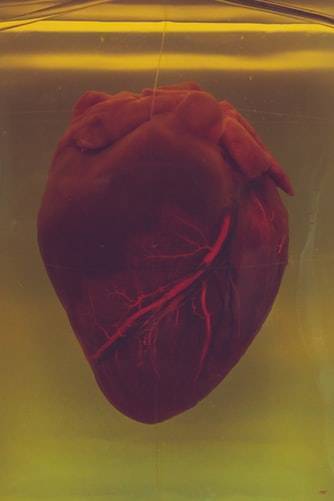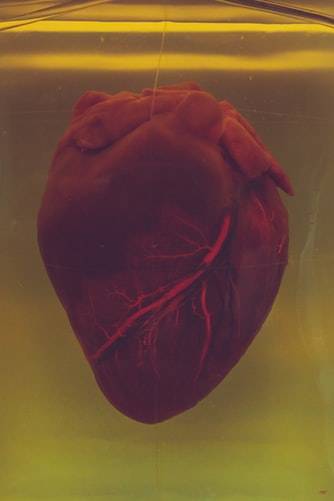Heart diseases are the leading cause of death worldwide, with coronary artery disease being the most common, potentially leading to a heart attack. There is evidence that it is a hereditary condition. A study found that individuals with genetic factors for the disease are 90% more likely to experience a heart attack compared to those without these genetic factors. Regular screenings for blood pressure, cholesterol, and diabetes are essential for those with a family history of heart diseases. In addition, there are several tips that can help avoid this disease.
**Sleep**
A study revealed that those who sleep less than 6 hours daily increase their risk of a heart attack by 20%, and there is evidence that staying up late contributes to heart diseases. Therefore, it is recommended to sleep for more than 6 hours, and try to go to bed before midnight several times a week.
**Salmon and Olive Oil**
Consuming healthy fats is a preventive factor against heart attacks even with genetic predisposition. Thus, it is advisable to eat fish 2 to 3 times a week, especially salmon, tuna, and mackerel, along with olive oil and avocado.
**Walking**
Walking, even around the house instead of sitting, and engaging in light to moderate exercises like cycling and swimming can be beneficial. Walking for 30 minutes 5 times a week enhances oxygen delivery to cells and maintains healthy blood circulation.
**Meditation**
There are tools available for meditation, the latest being smartphone applications. A clear mind and alleviating the stress accumulated from life’s pressures can reduce cortisol levels, easing stress on the heart.
**Fruit Consumption**
Studies indicate that consuming two servings of fruit daily can reduce the risk of diabetes by 36% over five years, and diabetes is one of the causes of heart diseases. Fruits provide various minerals that energize the heart.
**Friendship**
Loneliness is a risk factor for heart diseases, while an active social life and connecting with friends can help reduce stress on the heart and lower the risk of heart attacks.




